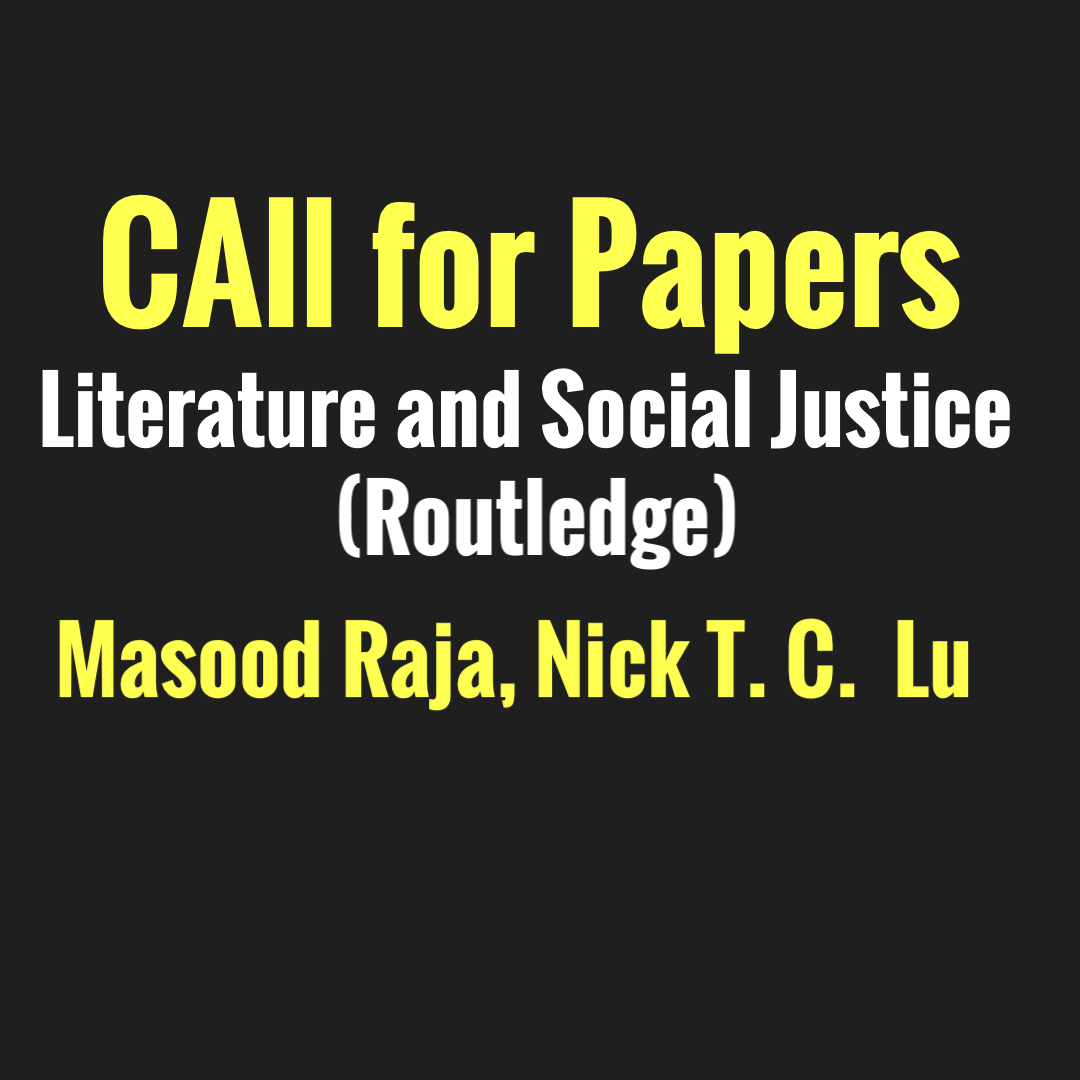Multidisciplinary Perspectives of Islam after 9/11
Even though Said’s Orientalism critiqued the western view of Islam as a fixed force, Muslims were seen as a distant danger living in faraway lands. The discourse of Neo-Orientalism, on the other hand, represents Muslims as imminent visible threats because they live with “natives” in western spaces. Thus the Neo-Orient Muslim is a globalized entity: it has risen from depictions of subjugation and domination and is now dangerously autonomous, at least, in the extent of its representation in contemporary global fiction. Therefore in addition to Islamophobia, this panel investigates other paradigms in the representation of Muslims in humanities in the post-9/11 era and investigates how the racialized emotion against Muslims applies differently in different landscapes. The panel aims to engage in the following areas but is definitely not limited to them:
Orientalist tropes after 9/11 and the ways it manifests in contemporary interdisciplinary humanities
Muslims adapting and responding to the global pandemic of islamophobia
Non-Muslim and Muslim authors being complicit or resisting the “clash of civilizations” in their narratives and the ways in which their work reflect the political, social, and cultural politics of their nation-state
The ambiguous relation between moderate Islam, settler colonialism of refugees, appropriation, and neo-orientalism
The rise of scriptural Islam and its subjective reception in the Western and Eastern community
Please send a bio and a 300-word abstract to Dr. Priyadarshini Gupta at priyadarshini@jgu.edu.in by 20th March.




Leave A Comment